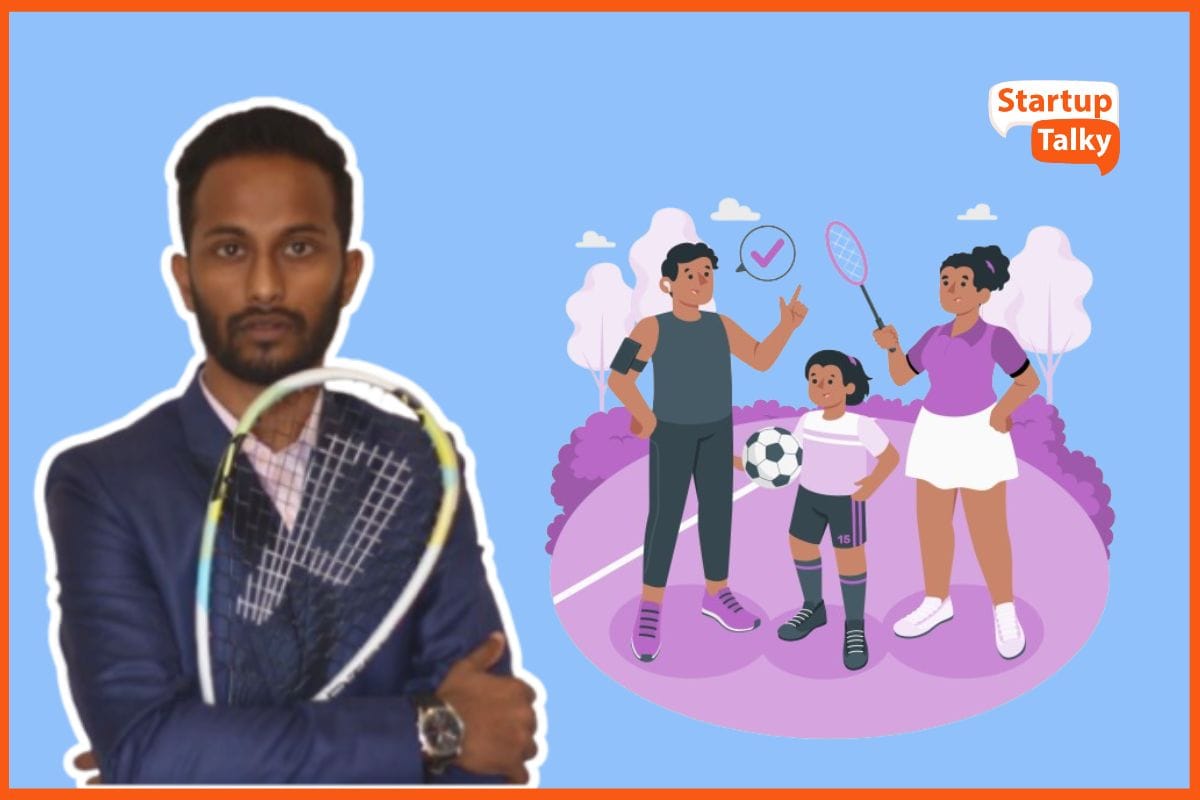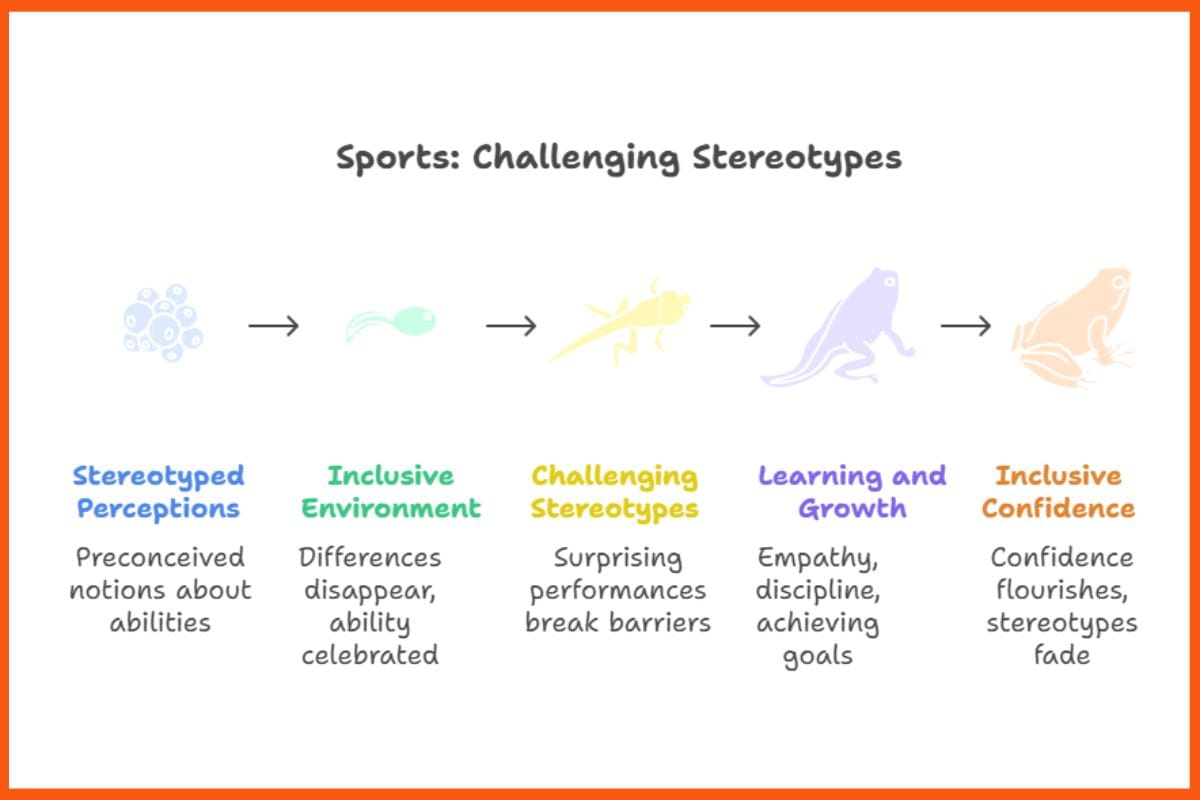This article has been contributed by Raahil Dhruva, founder of Marcos Quay Sporting Excellence
Sports teach cultural intelligence in an effective manner. Children learn on the field far more than sport strategy or skills. They learn about empathy, resilience, cooperation, and respect for difference. These competencies set them up to succeed in the global world we live in, where cultural awareness is just as critical as knowledge. Schools and educators committing to providing structured physical education create environments where children evolve into collaborators and adaptable individuals. Since 2012, Marcos Quay has been working with schools to improve this underpinning of fitness and learning. The impetus for the project and program development, Raahil Dhruva, Director of Marcos Quay is committed to getting health, discipline, and inclusivity into education to teach generations of well-rounded individuals with cultural awareness.
Sports as a Universal Language Beyond Words
For children, sports can be like a universal language. On the playground or school yard, words are not as important as the passes, huddles or cheers after a goal or wicket. All of these spontaneous joyful acts create connections between children from diverse backgrounds, developing their empathy, cooperation and respect without a word spoken. At the school aged level, sports provide young learners opportunities to understand body language, intent and teamwork in ways that can’t be replicated in a classroom. Play being a language is a core belief, not only demonstrated in our grassroots academy programs, but through our scientifically designed curriculum led by accredited and certified coaching. We continue to nurture both grassroots training and character development, supporting the mission of developing fit, kind and culturally aware learners whilst creating pathways for tomorrow’s sports stars.
Conflict Resolution Through Rule Negotiation
Disagreement is part of being on the sports field. Was that a foul? Did the ball go out? In these small moments, children will listen, explain their case and come to a fair solution together. Negotiating the rules of the game or clarifying a miscommunication between players allows children to practice empathy, patience, and true respect for differences. At the school level, this fosters confidence in resolving on-going issues that arise in everyday life whether it is with teammates, classmates, or their friends outside of school. Sports became a space for children to be modelled for teamwork, discipline, and resilience. More than just winning and losing, youth sports is about demonstrating how to resolve differences with fairness and mutual understanding, lessons that foster stronger bonds for relationships both in the classroom and in a different social milieu.

Humility in Losing, Grace in Winning Across Cultures
At an early age, sports offer lessons that cannot be found in a classroom. On a playground or in a school tournament, children soon learn that winning and losing is part of the game. What matters is how you respond, learning to be humble in the situation of losing and to be gracious in winning. A child who applauds a teammate upon scoring a goal, or shakes an opponent’s hand after a challenging match demonstrates empathy, resilience and respect. These values reinforce friendships and help prepare for challenges beyond school and sport.
Team Rituals as Cultural Bridges
Sports are more than physical activity for kids; they are a springboard for teamwork, discipline, and fun. The little habits we create, like pre-game huddles, high-fives, and chants, make young players feel secure and a part of something. These habits create vulnerability and trust while fostering respect which is a life skill. Through sports, children learn how to harness their feelings. They develop resilience, empathy, and confidence, all skills that they take back to the classroom and beyond. Sports at a young age also help students stay active together, teach the value of fair play, and allow the players to experience all outcomes together.

Sport as a Safe Space to Challenge Stereotypes

The sports field often marks an environment for children where differences disappear and ability is celebrated. On the playing surface, it makes no difference where a child comes from, only the effort, the team, and their persisting ability counts. A girl surprises everyone by playing superbly well at football, or a student who is quieter and less outspoken, leading to victory. These circumstances share a common bond; the sport challenges stereotypes easily and inherently. These experiences create an early sense of confidence and belonging; a level of respect for one other without defined labels. At an age where playing together means so much more than simply playing together, children learn about empathy, discipline, and achieving set objectives. The joy of both winning and losing, as well as the sheer joy of practice, creates learnings that last a lifetime. This is another stage in growing up and being part of being more than a game, and an inclusive space where confidence flourishes and stereotypes fade away.
Time Orientation in Sports
For kids, sports can bring some of the best lessons in how to use time and value it. Cricket, as a long-format game, is a test of patience, focus, and commitment over long hours. Formats such as T20, demonstrate the importance of fast thinking and good decision-making under pressure. Traditional Indian games like kabaddi teach instantaneous reflexes and reactions in a very short period of time while football promotes stamina, flow, and sustainment across the full duration of play. Collectively, through these experiences, children learn both the value of topics such as when to stop, when to speed up, and when to continue. The lessons learned extend beyond just play, enabling students to develop flexibility, discipline and timing that further bolster their academic and personal growth.
Role of Gender in Sports Across Cultures
Sports can provide school children with great opportunities to learn the value of a number of life lessons. Long forms of the game such as Cricket can talk to patience and commitment, compared to rapid games like T20 or Kabaddi that can strengthen reflexes, decision making, and mind processing under pressure. Football can stretch stamina and concentration; and timed drills in performance physical education can denote or identify discipline and vigilance. Altogether, they will help children understand how to identify when they should slow down, when they should respond immediately, and keep calm when they don’t need to rush, and help create adaptable frameworks and resilience.
Sport can also change how children perceive a range of views surrounding gender. When girls and boys are competing in the same context on the field, children will see ability absent of stereotypes. Whether that is leadership, commitment, or teamwork, sport tells our students that ranging forms of talent, commitment, and discipline has no gender. Challenging children to accept inclusive practices at a young age helps them to develop into more empathetic, confident, and respectful individuals both on and off the field in relation to equality.
Sports help students connect across cultures and understand each other better. They build teamwork, respect, and openness in a natural way. These experiences prepare young people for a globalized world. In this sense, sports truly strengthen cultural intelligence.

